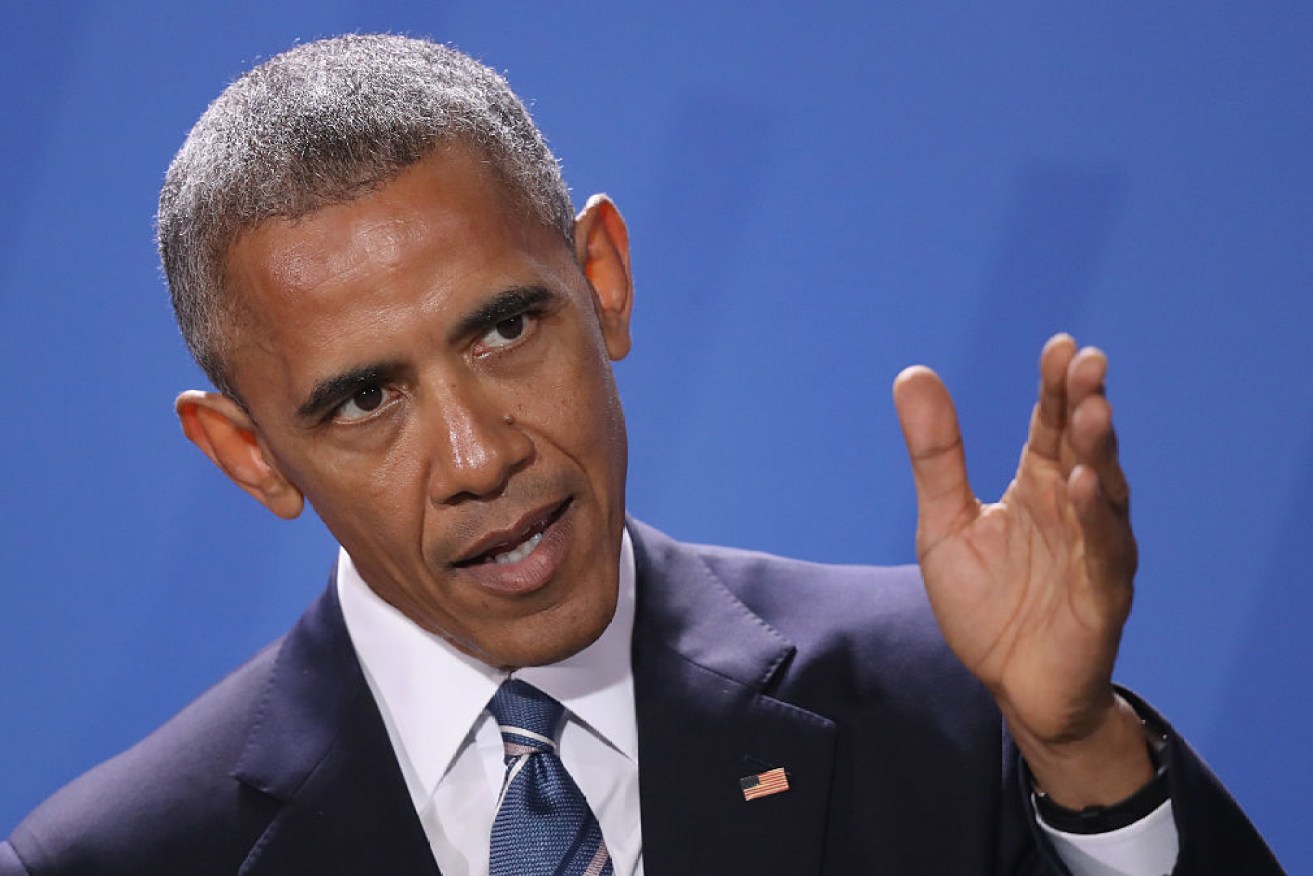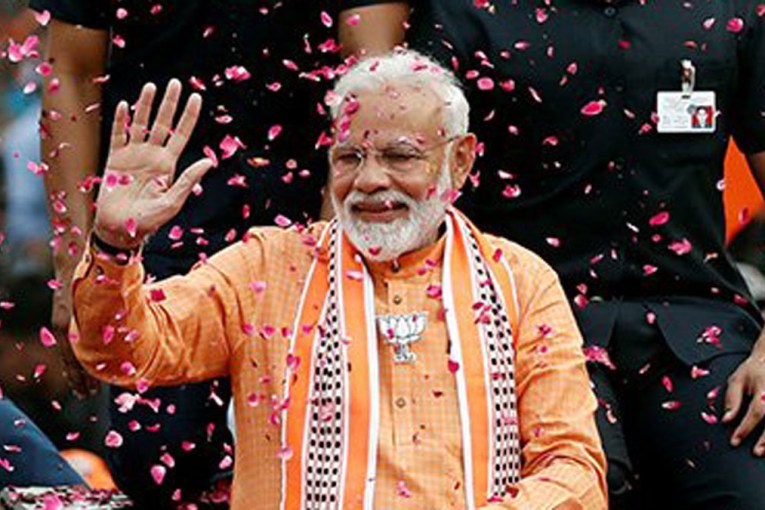Obama under pressure to declassify intelligence reports on Russian vote-rigging claims

Senators have urged Barack Obama to release more information on Russia’s role in the 2016 US elections. Photo: Getty
A Watergate-style scandal may be brewing in Washington as US politicians intensify calls for President Barack Obama to release classified documents that could reveal possible Russian involvement in vote-tampering during last month’s presidential election.
Democrat members of the US Senate’s intelligence committee want a full investigation of allegations that Russian security agencies hacked email communications between Hillary Clinton and senior Democratic Party officials.
More importantly, they want Mr Obama to release documents that could confirm whether Russian computer hackers also altered votes recorded on digital polling machines at the national election.
Seven Democratic senators, led by Oregan senator Ron Wyden, sent a letter (below) to Mr Obama in late November outlining their demands.
The official request is highly unusual.
It is the first time in more than 12 years that members of the Senate have called for secret intelligence reports to be made public by a president.
It is likely that members of the committee have already seen the documents, but under special rules they would be prohibited from sharing the content with the public.
Only the president can declassify the intelligence reports.
In the letter sent to Mr Obama, the senators did not give any indication of details contained in the documents, saying only that they were “conveying specifics through classified channels”.
There is intense speculation in leading US newspapers that the documents contain potentially explosive evidence that will undermine public confidence in the election outcome.
Democratic candidate Mrs Clinton outpolled President-elect Donald Trump by almost three million votes in the national contest, but she failed to capture enough support in key swing states such as Florida and Pennsylvania to secure the White House.
Integrity of digital voting systems under scrutiny – again
While electronic voting and counting technologies are controversial – with academic researchers exposing numerous integrity breaches in the past decade – most democratic countries are continuing to adopt them to reduce administrative costs.

Were Russian hackers partly responsible for Donald Trump becoming US President?
It is possible to audit the accuracy of digital voting and counting systems only in cases where a paper record is generated at the moment an elector registers an electronic vote.
If the digital records deviate from the votes represented on paper then suspected vote-tampering can be investigated.
Several key states that helped Mr Trump win the election, such as Wisconsin and Ohio, each maintain paper records for each vote submitted on digital machines.
However, two other states that had a big say in Mr Trump’s victory – Pennsylvania and Florida – have electronic voting systems that do not generate paper records.

Voting this way might be more secure than online. Photo: Getty
Computer experts say that it will be almost impossible to verify the tight electoral results in these states to ensure that counting was not distorted by hackers or computer errors.
One of the world’s leading experts on digital voting, Dr Vanessa Teague of the University of Melbourne, believes these states need to introduce better integrity measures to protect their voting systems against fraud.
“The electoral processes have to be designed so that vote counts can be meticulously audited and checked,” she said.
“In the absence of a paper trail of evidence we simply won’t be able to know whether tampering has occurred or not.”
Russians hacked Ukrainian vote counting system in 2014
Since 2012, Russian intelligence agencies have carved out a track record of using malware to undermine the voting systems of other countries.
The most famous example was in 2014 when Russian hackers attacked the vote-counting infrastructure of the Ukraine during that country’s presidential election.
This attempt to manipulate Ukraine’s voting system would have resulted in a pro-Moscow candidate winning the presidency if the malware had gone undetected by election officials.
Dr Teague warned that efforts by the Australian Electoral Commission to advance digital voting in federal elections should be resisted until systems were shown to be verifiable.
A special committee of the NSW Parliament last month recommended that an electronic voting system known as iVote be iced by Mike Baird’s government until security concerns were addressed.
To learn more about Russian attempts to hack foreign elections, click here.








